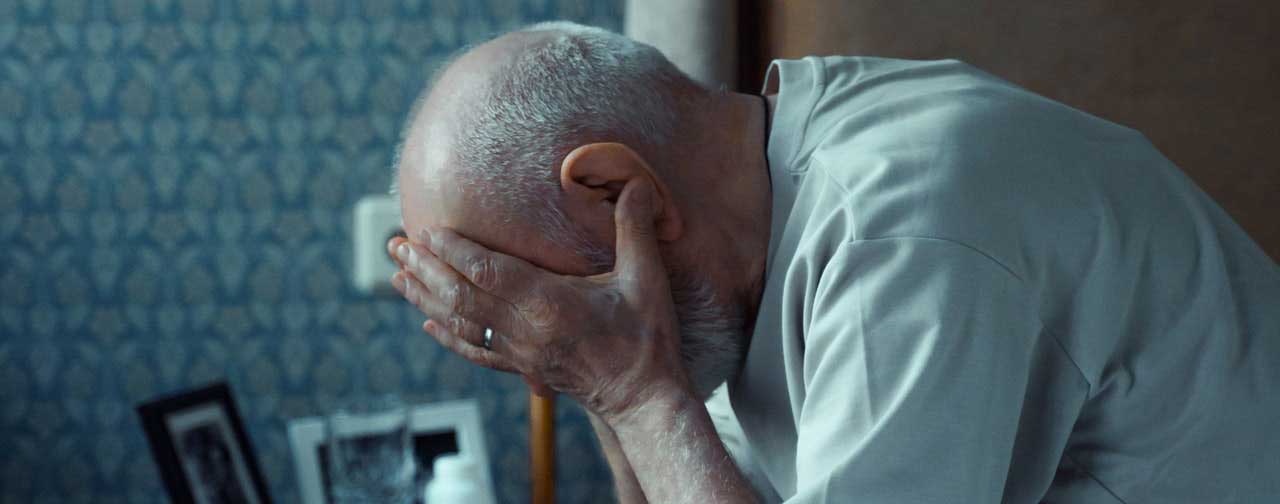Valium is a commonly prescribed prescription drug that can relieve anxiety and treat panic disorders. However, Valium abuse can easily lead to dependence and sometimes addiction - making it hard and even dangerous to quit without medical support.
This blog offers information on Valium addiction, why it develops, and how you can treat it.
What Is Valium?
Valium is a brand name for the prescription medication diazepam, a type of central nervous system depressant that slows down the brain. Doctors usually prescribe Valium to treat anxiety disorders.
Valium is a type of benzodiazepine medication, a group of drugs that act on the brain in similar ways. Compared to other benzos, Valium has a relatively long half-life - the effects of Valium usually last around 12 hours.
Benzos work by helping gamma-aminobutyric acid (GABA) bind to benzodiazepine receptors in the brain. GABA is a neurotransmitter that inhibits brain activity. By enhancing the function of GABA, benzos help the brain and body relax.
What Is Valium Addiction?
Valium addiction is when you compulsively seek and use Valium despite its negative consequences. Addiction is characterized by physical changes in the brain that can cause strong craving to use a substance even after periods of abstinence. While recovery from Valium addiction usually involves more than willpower alone, Valium addiction treatment programs can support substance users to meaningful and long-lasting recovery.
Signs and symptoms of Valium addiction include:
- Valium Becoming the Priority in Your Life - You may become preoccupied with acquiring and using the substance. You may find that Valium dominates your thoughts and you plan your schedule around Valium use.
- Neglecting Responsibilities - You may find yourself arriving late to work or neglecting family obligations because you're under the influence of or recovering from drug use.
- Losing Interest in Everyday Activities - You may lose interest in activities you used to enjoy.
- Financial Difficulties - Sustaining an addiction can be expensive, and you may find yourself struggling to find the funds.
- Strained Relationships with Family Members and Friends - You may lie or act secretively to hide your addiction, straining relationships with loved ones. Those around you may also feel frustrated with your failure to fulfill duties or your actions while under the influence.
How Does Valium Addiction Develop?
Addictive drugs tend to share common effects on our brain's reward system. The reward system is an area of the brain designed to reinforce life-preserving behaviors such as eating or having sex. When we engage in these activities, our brain releases a small amount of the chemical dopamine. Dopamine produces feelings of pleasure and makes us want to repeat the activity.
While scientists are not certain about the precise mechanisms underlying Valium addiction, research shows that benzos may increase the firing of dopamine neurons in the ventral tegmental, an area of the brain involved in reward, motivation, and cognition. Our brains connect Valium to this 'reward', causing physical changes to the reward system and underpinning drug-seeking behavior.
What Is the Difference Between Valium Addiction and Physical Dependence?
When you repeatedly take Valium, your body gets used to the presence of the substance and begins to adjust its functions in response. You need to take higher doses of Valium to experience the same effects and, over time, become dependent on Valium to feel normal.
If you stop taking Valium, you may experience withdrawal symptoms as your body readjusts. If untreated, severe withdrawal symptoms can be dangerous and even fatal. However, professional medical support and addiction treatment can help you withdraw from Valium safely and manage withdrawal symptoms and cravings.
Addiction and dependence are distinct concepts. While dependence is a physical and temporary adaptation of the body, addiction is a psychological and behavioral condition associated with more long-term brain changes. It is possible to be dependent on Valium without developing an addiction; however, physical dependence makes addiction more likely.
What Are the Dangers of Valium Abuse and Addiction?
Valium abuse and addiction are serious conditions that pose a variety of physical and mental health risks.
Valium Overdose
When used alone, benzodiazepine drugs come with a relatively low risk of overdose. However, people who abuse Valium often mix it with other substances that can enhance its toxic effects.
Mixing Valium with other sedatives that depress the central nervous system increases the risk of respiratory depression, slowed breathing, coma, and even death. Dangerous combinations include alcohol, sedating antidepressants, and anti-convulsants. Instances of fatal overdose among individuals addicted to Valium typically involve mixes of Valium, alcohol, and sometimes opioids.
Memory Problems
Valium use can impair memory - particularly episodic memory, the recalling of recent events, and their time sequence. Medics have also observed some deficits in visuospatial ability and attention amongst people using benzos for over a year.
Depression
Some studies have recognized an association between benzo use and depression - and in some cases suicidal ideation. Depressive symptoms may be more common in individuals taking higher doses of benzos.
Valium Withdrawal
One of the biggest dangers of Valium abuse is Valium withdrawal.
Valium dependence can develop incredibly quickly - research shows that you can become physically dependent on benzos in as little as three weeks. While some people only experience mild withdrawal symptoms, around 40% of people experience more severe withdrawal symptoms including psychosis and potentially life-threatening seizures.
Because of the dangers of Valium withdrawal, it's not safe to try and detox alone. Instead, medical detox programs offer professional medical supervision to guide you through the addiction treatment process, providing detox plans, regular check-ups, and medical support. While medical detox can be inpatient (where you stay in a drug rehab center) or outpatient (involving regular visits to a center), SAMSHA recommends 24-hour clinical care for benzo detox due to the severity of withdrawal symptoms.
Valium Addiction Treatment
If you're addicted to Valium, you're not alone. There is plenty of help and support available to help you safely overcome drug abuse and live a fulfilling sober life.
Decades of scientific research exploring the nature of addiction have uncovered a variety of evidence-based treatment options proven to support addiction recovery. Treatment centers typically offer a combination of different treatment approaches tailored to each client's unique needs.
Treatment for Valium addiction may involve:
- cognitive-behavioral therapy
- dialectical behavioral therapy
- group programming
- family therapy
- couples therapy
- support groups
- complementary therapies
- experiential therapies
- life skills development
When addressing the drug abuse issue, the treatment process usually begins with detox, followed by either inpatient or outpatient treatment, and finally aftercare. Addiction treatment programs aim to identify and overcome the underlying causes of substance abuse, equipping you with the skills to maintain long-term abstinence.
Cornerstone Rehab Center
Cornerstone Rehab Center offers comprehensive and holistic treatment programs that support long-term addiction recovery. Our diverse range of treatment modalities and approaches cater to our clients' various needs and goals.
At Cornerstone, we balance clinical excellence with unending compassion to deliver empathetic, evidence-based treatment that works. Our expert team boasts years of clinical experience - as well as first-hand knowledge of addiction recovery. Our treatment facilities are modern, welcoming, and equipped with advanced diagnostic and treatment technologies.
If you're seeking addiction treatment but don't know where to start, we can help. Our center provides detoxification, primary residential care, extended care, day treatment, day or evening outpatient programs, and a licensed recovery home.
Read more: Rehab Center Orange County
Reaching out can feel daunting - but it opens a door to the fulfilling and productive sober life you dream of. Contact us today for a consultation.






